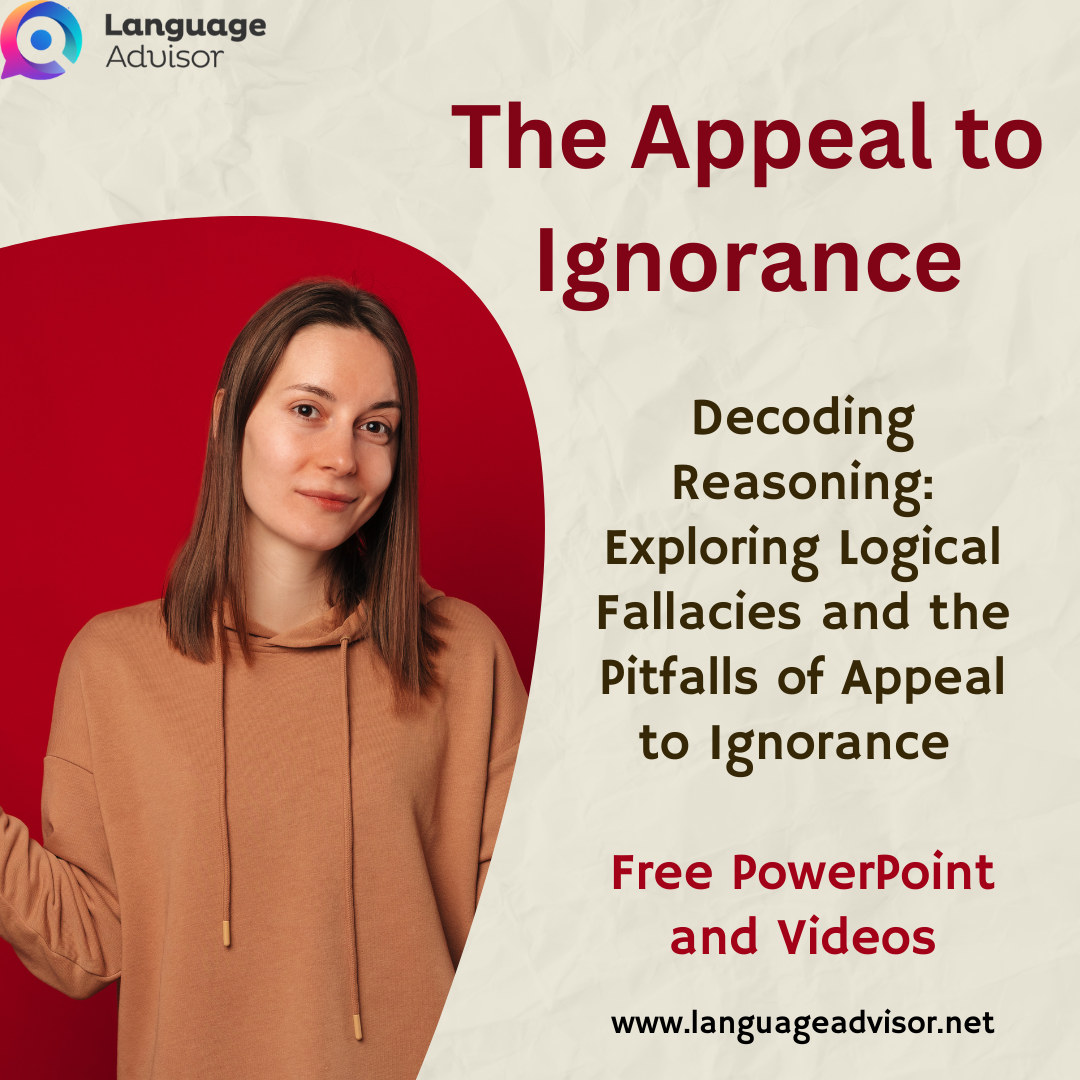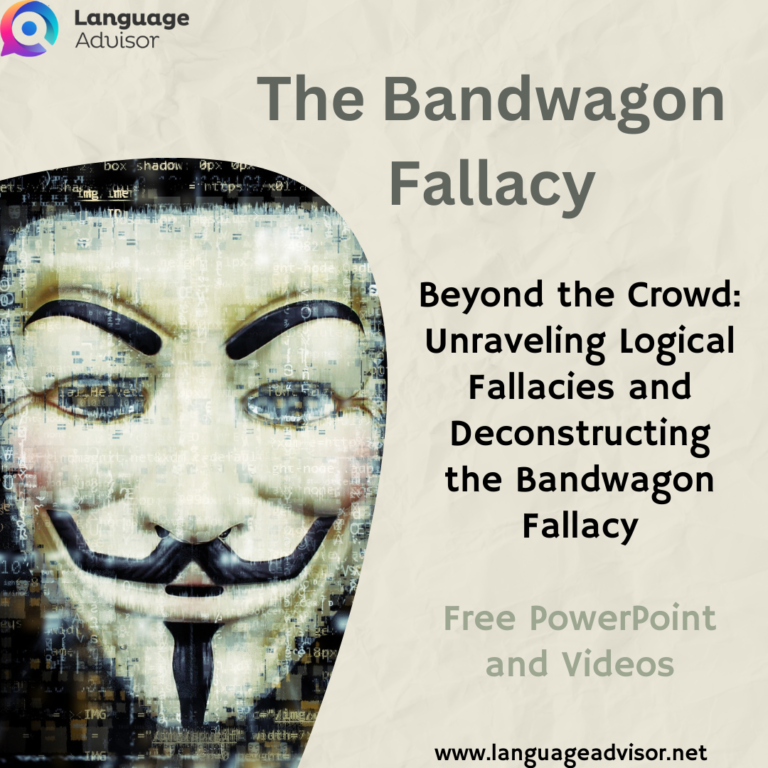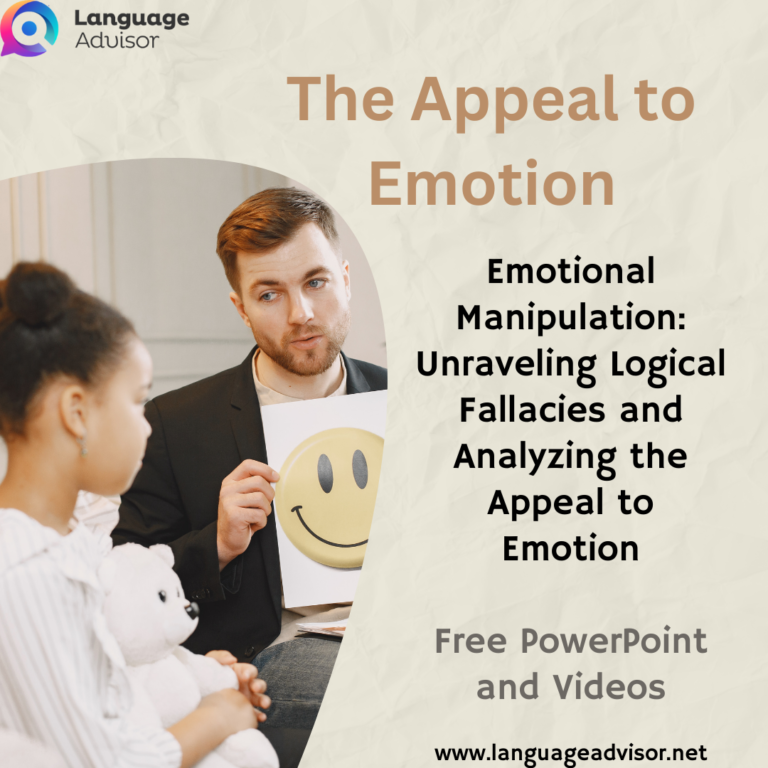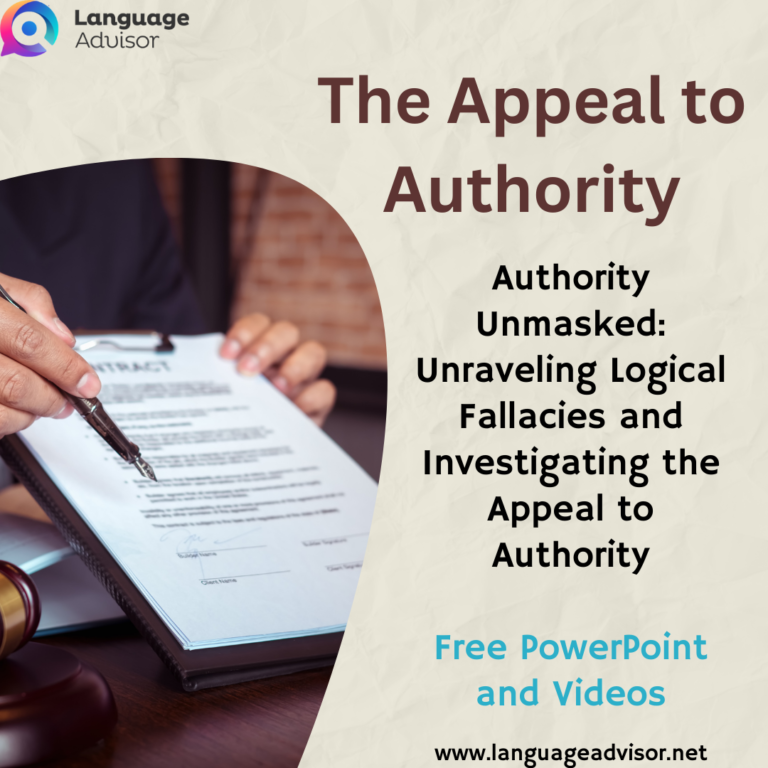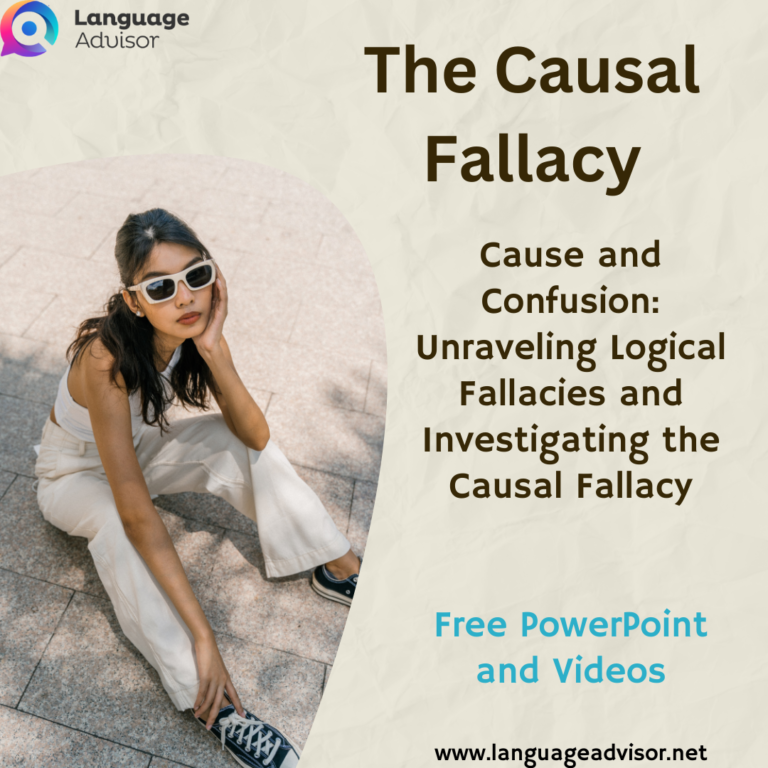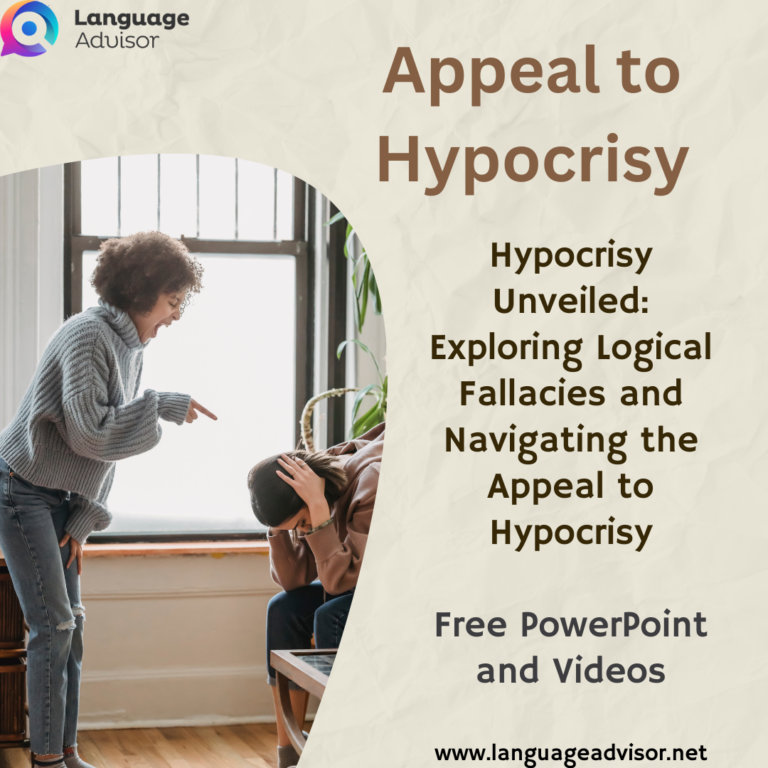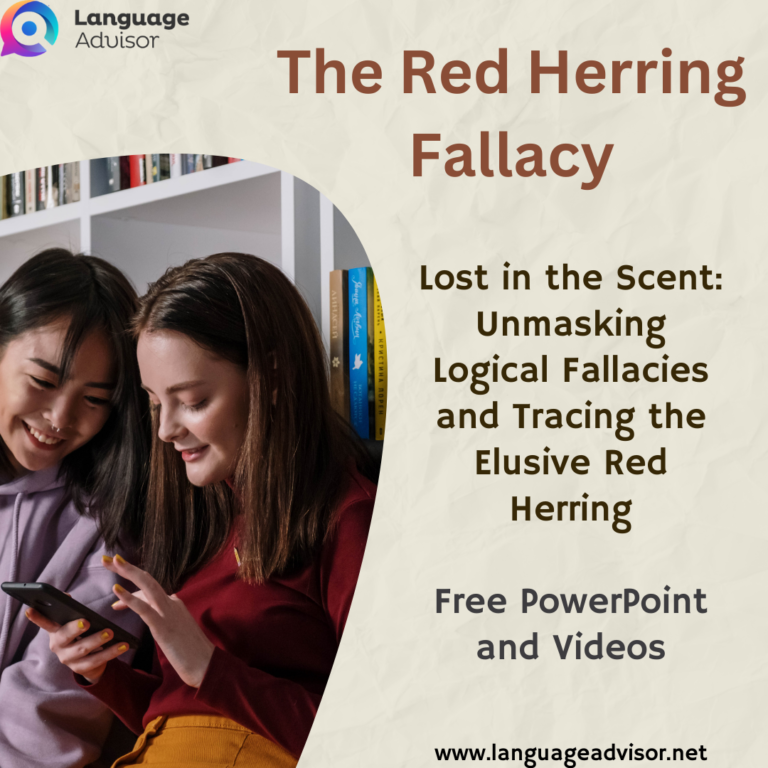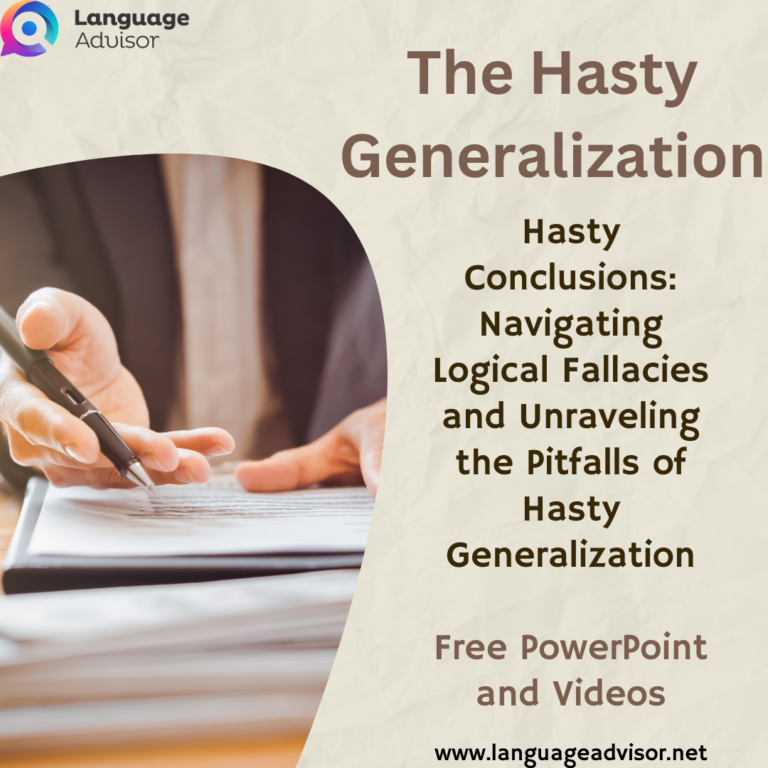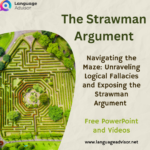Decoding Reasoning: Exploring Logical Fallacies and the Pitfalls of Appeal to Ignorance. Free PowerPoint and Videos
Decoding Reasoning: Exploring Logical Fallacies and the Pitfalls of Appeal to Ignorance

Decoding Reasoning: Exploring Logical Fallacies and the Pitfalls of Appeal to Ignorance
What are logical fallacies?
Logical fallacies are like landmines; easy to overlook until you find them the hard way.
One of the most important components of learning in college is academic discourse, which requires argumentation and debate. Argumentation and debate inevitably lend themselves to flawed reasoning and rhetorical errors. Many of these errors are considered logical fallacies. Logical fallacies are commonplace in the classroom, in formal televised debates, and perhaps most rampantly, on any number of internet forums.
But what is a logical fallacy? And just as important, how can you avoid making logical fallacies yourself? Whether you’re in college, or preparing to go to college; whether you’re on campus or in an online bachelor’s degree program, it pays to know your logical fallacies. This article lays out some of the most common logical fallacies you might encounter, and that you should be aware of in your own discourse and debate.
A logical fallacy is an error in reasoning common enough to warrant a fancy name. Knowing how to spot and identify fallacies is a priceless skill. It can save you time, money, and personal dignity. There are two major categories of logical fallacies, which in turn break down into a wide range of types of fallacies, each with their own unique ways of trying to trick you into agreement.

A Formal Fallacy
A breakdown in how you say something. The ideas are somehow sequenced incorrectly. Their form is wrong, rendering the argument as noise and nonsense.
An Informal Fallacy
Denotes an error in what you are saying, that is, the content of your argument. The ideas might be arranged correctly, but something you said isn’t quite right. The content is wrong or off-kilter.

Appeal to Ignorance (argumentum ad ignorantiam)

Any time ignorance is used as a major premise in support of an argument, it’s liable to be a fallacious appeal to ignorance. Naturally, we are all ignorant of many things, but it is cheap and manipulative to allow this unfortunate aspect of the human condition to do most of our heavy lifting in an argument.
An appeal to ignorance isn’t proof of anything except that you don’t know something.
Interestingly, appeal to ignorance is often used to bolster multiple contradictory conclusions at once. Consider the following two claims:
– “No one has ever been able to prove definitively that extra-terrestrials exist, so they must not be real.”
– “No one has ever been able to prove definitively that extra-terrestrials do not exist, so they must be real.”
If the same argument strategy can support mutually exclusive claims, then it’s not a good argument strategy.
An appeal to ignorance isn’t proof of anything except that you don’t know something. If no one has proven the non-existence of ghosts or flying saucers, that’s hardly proof that those things either exist or don’t exist. If we don’t know whether they exist, then we don’t know that they do exist or that they don’t exist. Appeal to ignorance doesn’t prove any claim to knowledge.


Decoding Reasoning: Exploring Logical Fallacies and the Pitfalls of Appeal to Ignorance
DOWNLOAD THE POWER POINT FOR FREE
Logical Fallacies

Also check out these free resources on Critical Thinking and Logical Fallacies


